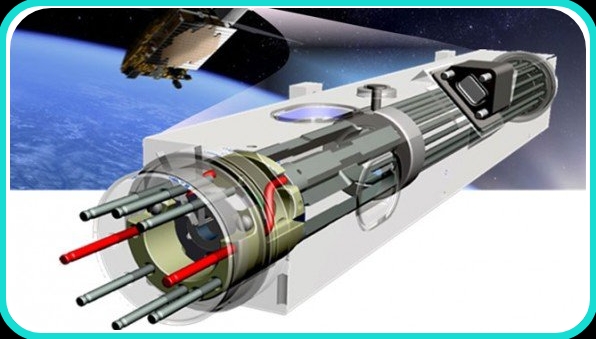Time, as we know it, is about to get a lunar upgrade. NASA, along with international partners, is on a mission to create a new timekeeping system specifically for the moon. This might sound like science fiction, but it’s rooted in a very real phenomenon: time dilation.
Einstein’s Timey-Wimey Stuff
According to Einstein’s theory of general relativity, gravity affects the passage of time. The stronger the gravity, the slower time runs. Here on Earth, with its hefty gravitational pull, time ticks along at a steady pace. But venture out to our moon, with its weaker gravity, and things get a little… faster.
Just how much faster? On the moon, a clock would tick ahead by about 58.5 microseconds (millionths of a second) every Earth day. It may seem insignificant, but over longer stays or complex missions, those microseconds can add up.
Why Does the Moon Need Its Own Clock?
So, why is a special moon clock such a big deal? Here are some key reasons:
-
Accuracy for Navigation and Communication: Precise timing is crucial for lunar missions. Astronauts rely on accurate timekeeping for tasks like navigation, communication with Earth, and scientific measurements. A moon-centric time system would eliminate the need for constant conversions between Earth time and lunar time, streamlining operations.
-
Long-Term Sustainability: As we establish a more permanent presence on the moon, a dedicated timekeeping system becomes even more important. Imagine a lunar colony – having a standardized lunar time would ensure smooth scheduling, communication, and overall coordination.
-
Future Exploration: This lunar timekeeping initiative paves the way for future exploration of Mars and beyond. Each celestial body with its unique gravitational field will likely necessitate its own time reference system.
What Will This Moon Clock Look Like?
The specifics of the lunar timekeeping system are still under discussion. However, some possibilities include:
-
Lunar Coordinated Time (LCT): Similar to Coordinated Universal Time (UTC) used on Earth, LCT would be a standardized time reference for the moon.
-
Separate Lunar Calendar: A lunar calendar could be developed, taking into account the moon’s unique rotation and revolution cycles. This would be completely independent of Earth’s calendar system.
Challenges and Considerations
Developing a lunar timekeeping system comes with its own set of challenges:
-
Synchronization with Earth: Maintaining some level of synchronization with Earth time might be beneficial for communication and coordination between lunar and Earth-based teams. However, this introduces complexities in accounting for the time difference.
-
International Collaboration: Establishing a new time system requires international cooperation and agreement on standards.
-
Technical Hurdles: Designing a timekeeping system that functions reliably in the harsh lunar environment will require specialized technology.
The Future of Time on the Moon
The quest for a lunar timekeeping system signifies a significant step forward in lunar exploration. It reflects our growing commitment to a sustained human presence on the moon. This new system will not only enhance the efficiency and accuracy of lunar missions, but also pave the way for a future where humanity thrives beyond Earth, embracing the unique flow of time across the cosmos.
Beyond the Blog: Exploring Lunar Time
This blog just scratched the surface of the fascinating topic of lunar timekeeping. Here are some additional resources to delve deeper:
- NASA’s Deep Space Atomic Clock: https://www.nasa.gov/directorates/somd/space-communications-navigation-program/deep-space-atomic-clock-dsac-overview/ (This existing technology could play a role in future lunar timekeeping systems)
- Time Dilation Explained: https://en.wikipedia.org/wiki/Time_dilation
- The White House Directs NASA to Establish a Unified Lunar Time Standard: https://newspaceeconomy.ca/2024/04/02/the-white-house-directs-nasa-to-establish-a-unified-lunar-time-standard/
As we inch closer to establishing a permanent lunar base, the question of time becomes ever more relevant. The development of a lunar timekeeping system is a testament to human ingenuity and our ever-expanding understanding of the universe. It’s a small step for timekeeping, but a giant leap for humankind



